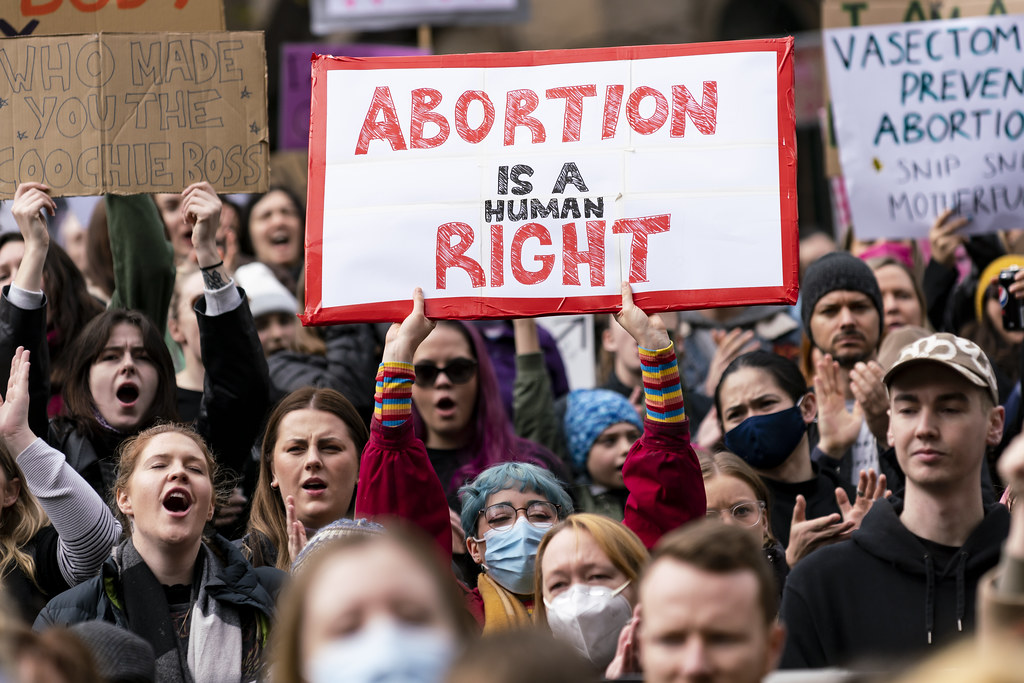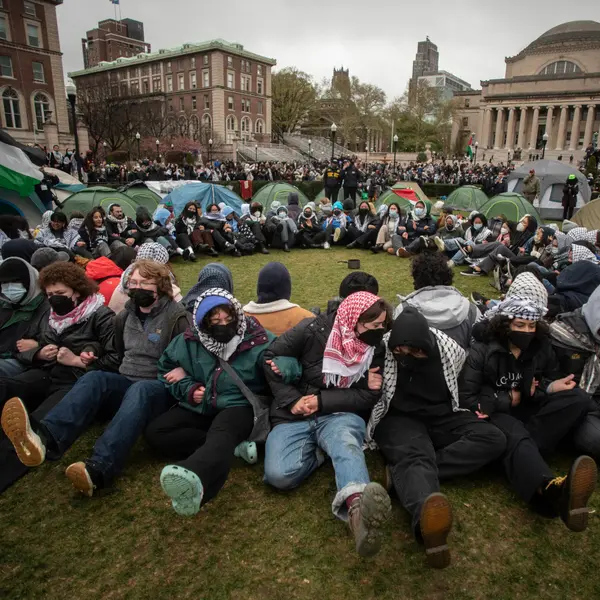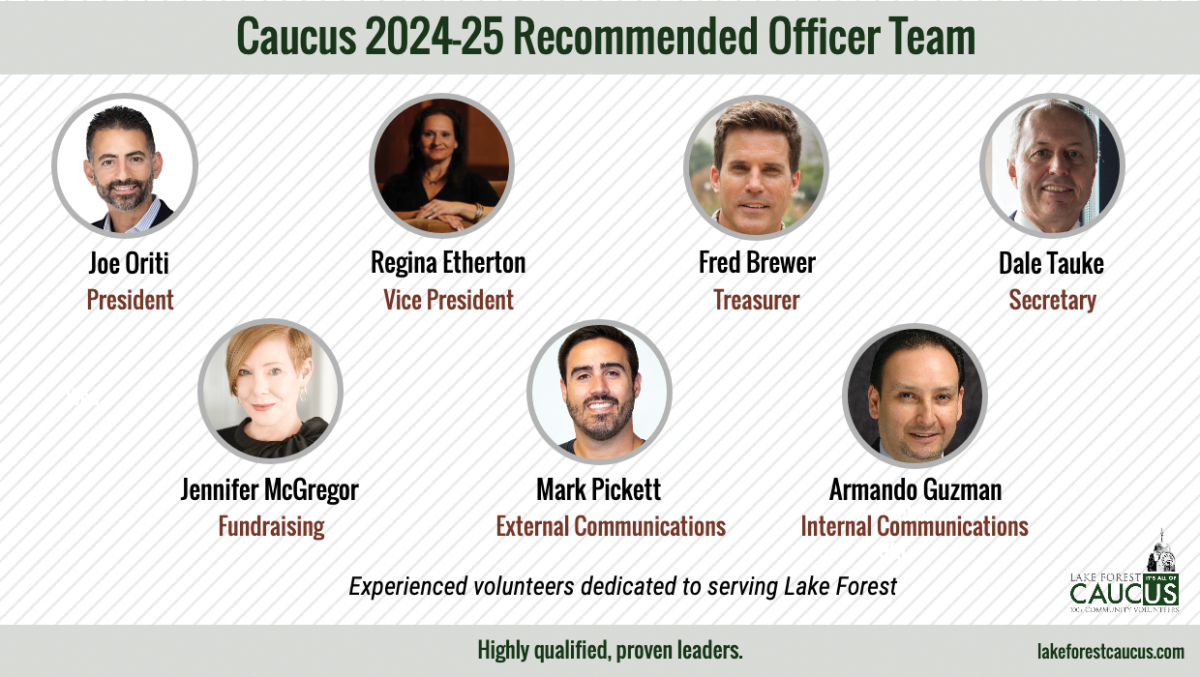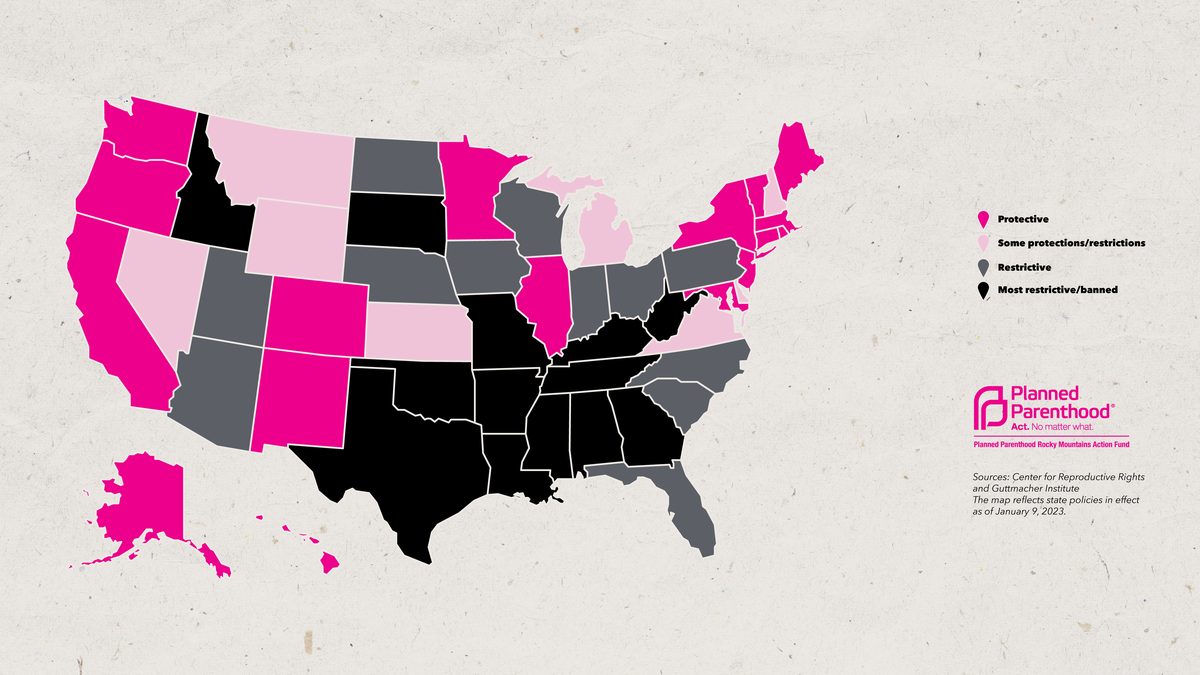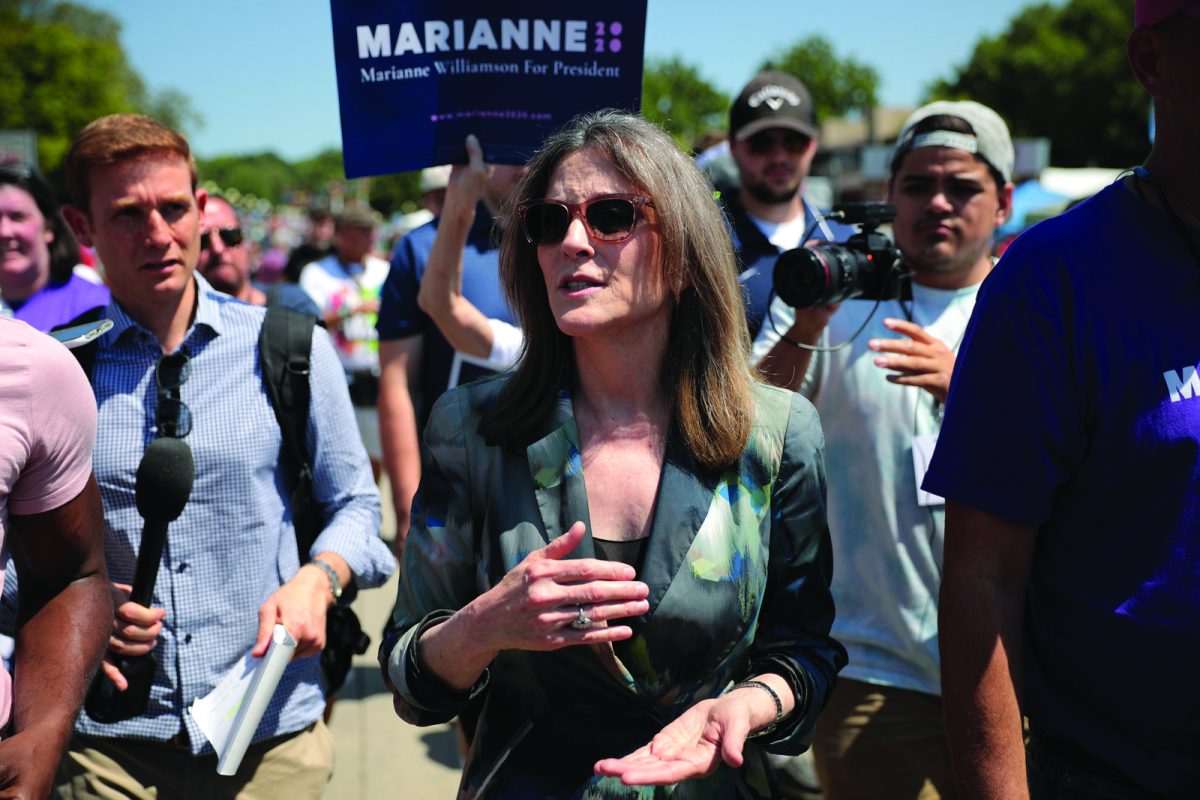In June of 2022, the lives of many people in the U.S. were completely changed by the decision to overturn Roe v. Wade from the Supreme Court, which was the federal right to abortion in the United States. Many states that had abortion restrictions prior to Roe v. Wade put those laws back in place after it was overturned, such as Texas, Florida, Wisconsin, Georgia, North Carolina, and more. The threat of women’s reproductive rights in certain states is very concerning to some students and is affecting the college process at LFA.
Ben Wetherbee, Associate Dean of College Counseling at LFA, said that politics are a completely reasonable conversation to have when discussing college, especially with the new abortions laws. Many students do decide on occasion to rule out states that they would not feel comfortable in due to their laws and policies, including abortion. Wetherbee hopes that this sends a message to the colleges within these states to change certain policies if they are able to, or voice their opinion so that it will “lead to action” as they are “a product of the environment they are in.” Despite that he said it is a “pretty gray area currently” because of how recent the changes are, it will be interesting to see how these laws impact colleges, states, and students over time.
Mia Rogers, a female college counselor at LFA, also stated “There are definitely students who will be talking to colleges. I’ll make a suggestion for a school or university that’s in, for example, Texas. Their response will be like, ‘oh, I can’t go there.’ The follow up about that is always about Roe v Wade and rights for women in particular.”
While the overturning of Roe v. Wade is still relatively recent and college counselors may not have experienced these effects yet, students are already taking that into consideration when searching for colleges to attend. Riya Kapoor ‘23 said, “When I was applying to my big schools, I wanted to apply to schools in states that had restrictions on abortions, but I didn’t because I physically can’t be in a state where I feel like I am going to be attacked for my political views. I couldn’t be somewhere where I wouldn’t feel comfortable politically.” Similarly, Saanvi Malkani ‘23 shared how she applied to only two schools in the South, which were both top on her list. She stated, “I got into Rice in Texas. It was one of my dream schools and it was really great for my major; I loved the diversity and I loved the impact the school has on social justice. One of the deciding factors for me was that if I left Houston, TX, I would not feel comfortable in that state. In terms of access like birth control and abortions, those are constantly threatened.” She continued with her initial feelings when the overturning of Roe v. Wade took place, “It was really frustrating because as a person with the ability to get pregnant, I had to consider that factor into deciding where I could apply to colleges and that immediately cut my list in half based on the schools I could apply to and feel safe and supported in.” Despite that this issue does affect male students, female students expressed how it felt unfair that they had to now base their decision off of their access to women’s rights in certain states.
The overturning of Roe v. Wade has had an enormous impact on everyone living in the United States, whether they realize it or not. At the end of the day, many will have to face a decision: the risk of putting one’s basic human rights on the line or severely limiting one’s college choices; neither of which has been a part of the college process until now.

